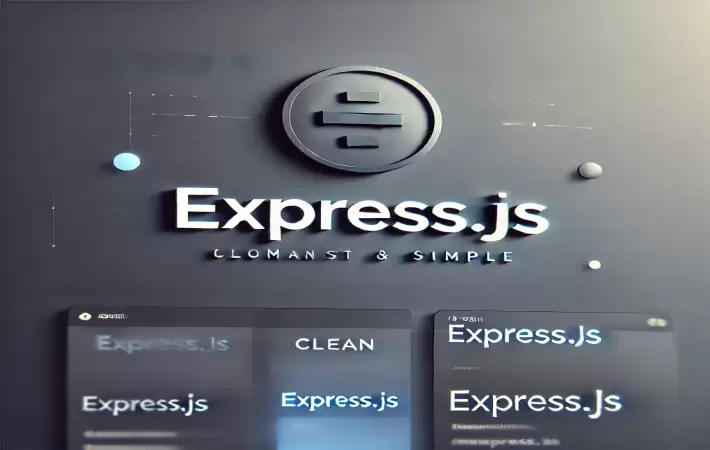- Home
-
- Program
-
- MEAN STACK PROGRAM
Express.js
This module covers Express.js, a flexible back-end framework for Node.js. Students will learn how to build scalable web applications and APIs. The module includes 2-3 assessments, coding tasks, and mock interviews to solidify their understanding.
 Bestseller
Bestseller
0 students
